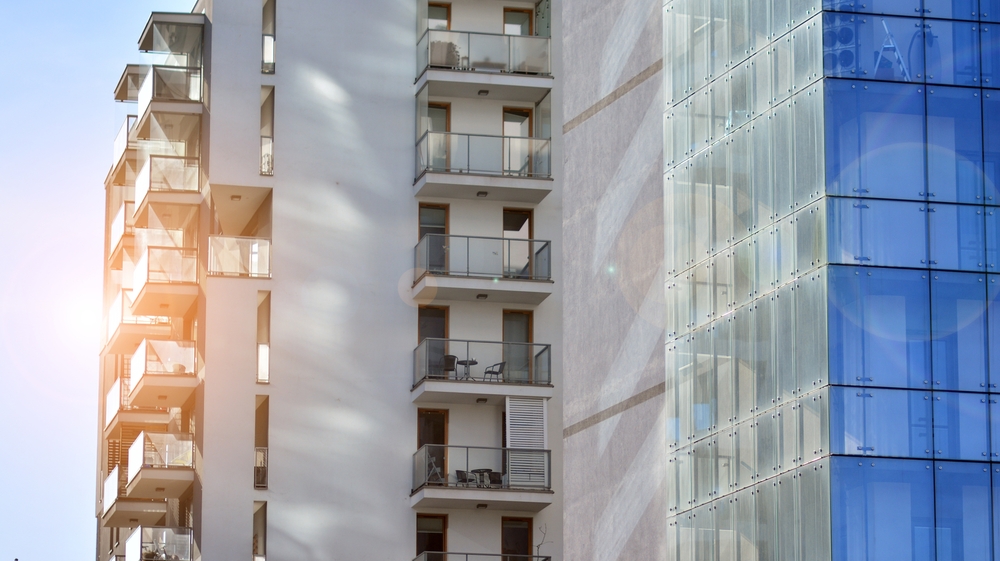Apartment price rise in Budapest since 2013 the fastest in CEE

Photo by Alla Simacheva / Shutterstock.com
The price per square meter of newly-built apartments in Budapest has doubled since 2013, meaning that the capital recorded the fastest price increase in the region alongside Prague, according to analysis by Big Four company KPMG.
In the 8 years covered by KPMG's research, Hungarian prices have surpassed those in Warsaw, Bratislava and Zagreb, but are still behind those in Vienna, Berlin, and Prague.
Although the price surge in Budapest subsided at the end of 2019, partly due to the epidemic and partly due to the temporary reinstatement of VAT on new housing (from 5% to 27%), market players can expect a further recovery in 2021 as a whole, driven by the return of tax incentives and the economic recovery that has replaced the recession, the company notes.
While this is good news for property owners in the capital, it is not necessarily good news for those looking to buy their first home, so the researchers also looked at how house prices have changed in relation to net income. The answer to this question is the ratio of the house price index to net income, which shows the percentage increase in house prices relative to per capita net income.
This ratio for Hungary is 1.7, which means, using a simplified example, that while salaries have increased by 32% over the period, the price per square meter has increased by 124%, i.e. the gap between income and house prices has widened considerably. Only Germany recorded a larger change (1.78 times). The ratio increased exponentially between 2015 and 2019, coinciding with the first domestic era of the preferential housing tax, after which the opening of the gap slowed down.
If we ask the question of what percentage of an individual's annual income can buy a square meter of new housing, the Hungarian situation does not seem favorable, with the 35% ratio in Budapest and Vienna being beaten only by Prague, where 58% of annual income is needed to buy a square meter of new housing. Nevertheless, Hungarians are less bothered by this fact than people in many other countries, as 92% of the population in Hungary own their own home and in most cases, the purchase of a home is accompanied by the sale of an equally expensive second-hand home, but for young people starting a family and looking for their first home, the property market in the capital certainly seems overvalued, KPMG concludes.
SUPPORT THE BUDAPEST BUSINESS JOURNAL
Producing journalism that is worthy of the name is a costly business. For 27 years, the publishers, editors and reporters of the Budapest Business Journal have striven to bring you business news that works, information that you can trust, that is factual, accurate and presented without fear or favor.
Newspaper organizations across the globe have struggled to find a business model that allows them to continue to excel, without compromising their ability to perform. Most recently, some have experimented with the idea of involving their most important stakeholders, their readers.
We would like to offer that same opportunity to our readers. We would like to invite you to help us deliver the quality business journalism you require. Hit our Support the BBJ button and you can choose the how much and how often you send us your contributions.








